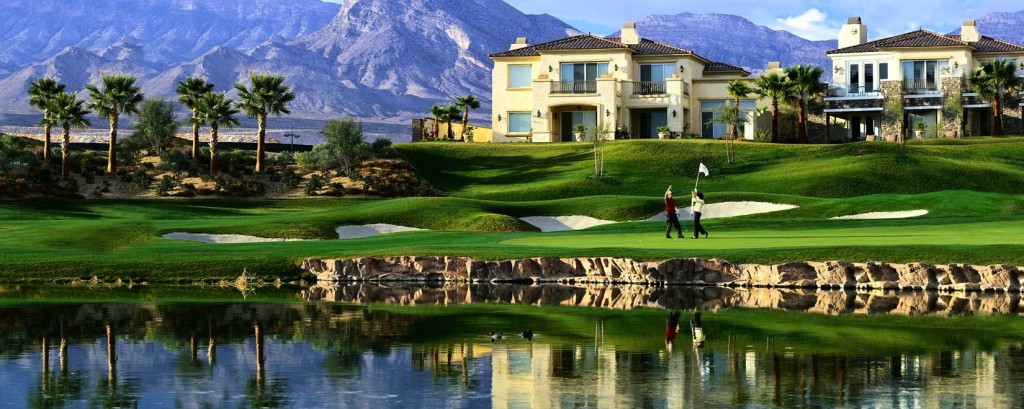Interest in golf seems to be waning, with more than 800 courses having closed down in the last decade. And for those golf courses that remain open, many homeowners living nearby them have seen their property values tumble. As a result, many are worried about what will happen if the golf course they paid a premium to live next to will be next to close down, National Real Estate Investor reported.

Golf was booming back in the 1990s and early 2000s, and that led to a trend among developers for building homes close to courses, using them to market their properties. But golf participation has since dropped by twenty percent, according to data from the National Golf Foundation, and that’s led home builders to seek new recreational amenities to attract buyers.
Many developers are now looking for a way out of the golf courses they built. Some have donated the land to local parks and nature trusts, while others have sold it off to builders to construct new homes.
Those who have paid a premium on the price of their home in order to live close by a golf course are rightly upset when they learn of plans to close it down. Right now there’s a big feud going on at the Ahwatukee Lakes Golf Course in Phoenix, Arizona, where the course was shut down several years ago with barbed-wire fences erected outside it. Homeowners have complained that the abandoned golf course is an eyesore, and a recent fire at the clubhouse has exacerbated the situation. The golf course has since been sold to True Life Companies, which has announced plans to build an agricultural community on the land complete with large community gardens, a Montessori school, and a few hundred homes.
"They’re going to do whatever they can do to convince owners that they’d be better off with housing," Linda Swain, one of the home owners suing to reopen the course, told Bloomberg. To get the new plan moving, more than 2,600 residents will have to approve it – or 50 percent of the local homeowner association.
Still, David Sabow, managing director at True Life Companies, believes homeowners will eventually warm up to the idea.
"We spent a lot of time and effort to come up with a plan that the community would welcome," Sabow told Bloomberg. "As far as I’m concerned, the property will never be a golf course again. … People don't like change. But the golf industry is in even worse shape today than it was in 2013 when I closed the course."